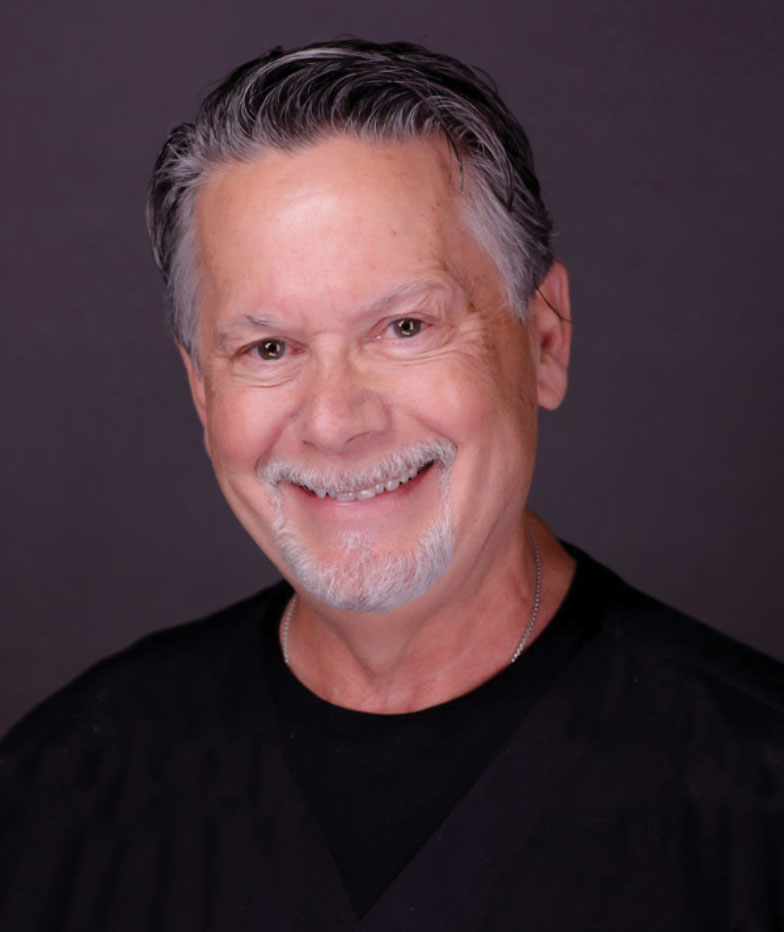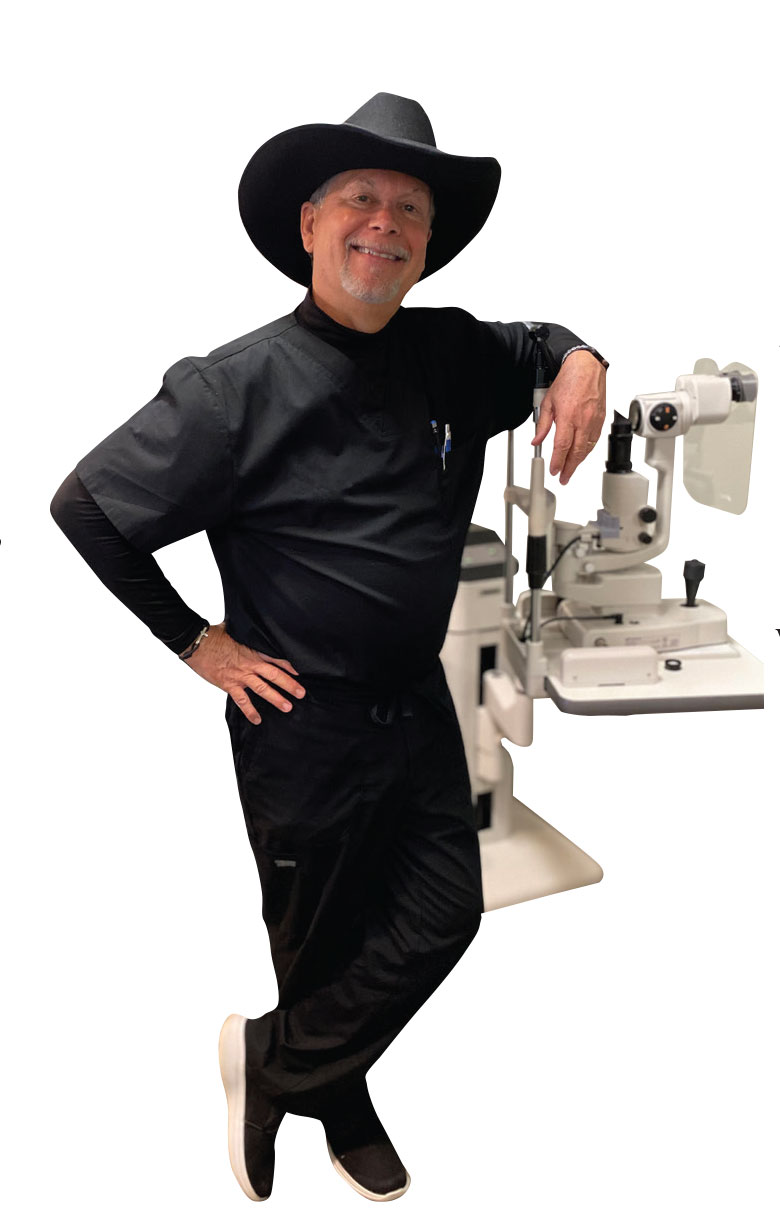 |
Growing up, my family lived in a little but thriving town in the middle of West Virginia. We had a local phone company with human operators that we all knew from church and through their kids who went to school with us. Our landline (Google it, youngsters) phone number was “Hillside 29392” or “Hi-29392.” When we dialed someone else (which was a rare event, because we could pretty much talk to anyone in town person-to-person with a two-minute stroll) the operator would hook us up and something would happen that never happens nowadays; as long as they were home, the person would happily and immediately answer the single phone they had, usually in their kitchen, since that’s where everyone hung out anyway.
Now, everyone has a phone in their pocket that puts them in constant contact with anyone or anything in the whole universe and, that’s right, nobody ever answers. The people who don’t know your number think it’s a scam. The people who do know it’s you calling… well, they just know it’s a scam or you want something.
The only time they use their phone as a phone is when they call you or your office.
I’m on hold with the Social Security office. I am told over and over between the annoying, repetitive, so-called “musak” that I will be assisted within 57 minutes. Our tax dollars are at work, doing the only thing our government does flawlessly… keeping fake musicians employed.
 |
Remember when actual humans answered phones? I hope it is still that way at your office, because if this old feller is impatient, imagine what a prospective 30-year-old patient who found you on his or her list of 3,000 eye doctors who accept his or her insurance must feel. That’s right, let’s just move down the list until someone human answers—see ya!
That first contact with your office is as important as any new technology you may use to determine a patient’s eye health and visual needs. You had better get it right. My idea is this: if you’re not sure what to do, call the Social Security office and just do the exact opposite.
I called a local oculoplastic surgeon’s office a few weeks ago. Here is an exact transcript of the call:
(phone rings five times)
They: “Hello.”
Me: “Hello.”
They: “Hello.”
Me: “Is this Dr. Eyebrow’s office?”
They: “Hello… uh… yeah?”
Me: “This is Dr. Vickers.”
They: “OK.”
Me: “I need to refer a patient.”
They: “OK.”
Me hanging up.
I happen to know the poor doctor has no clue what is going on at her front desk. Or does she? Back in the day, I wanted everyone to succeed and I would have moved heaven and earth to get the doctor on the phone to let them know how they could improve their staffer’s phone handling skills. I have done that very thing at least 100 times in my 45 years of practice and there has only been one doctor who thanked me and we have stayed friendly colleagues since. His personal cell phone is on speed dial on my cell phone.
The rest responded in one of three ways:
1. Don’t tell me how to run my practice.
2. We all have bad days sometimes.
3. Silence, followed by a hang up.
Of course, we ARE dealing with ophthalmologists here. They’re making a decent living without me. Plus, when you think about it, what kind of narcissistic jerk calls a “specialist” to help him improve his practice. Me, I guess.
The good news is when I call an optometrist’s office, well over 95% of the time I get a pleasant, if somewhat clueless (there goes that narcissism again) staffer who sounds like she wants to help me out.
I’m’ still on hold with Social Security… 37 minutes now and only 20 to go… I think I could chat with the Pope faster. Not a bad idea…
Dr. Vickers received his optometry degree from the Pennsylvania College of Optometry in 1979 and was clinical director at Vision Associates in St. Albans, WV, for 36 years. He is now in private practice in Dallas, where he continues to practice full-scope optometry. He has no financial interests to disclose.

